From Posthumanism to Artificial Intelligence: Learning for an Intelligent Future at the EUTOPIA Autumn School on Ecological Intelligence

Bor Slana/STA
Date of publication:
The EUTOPIA Ecological Intelligence Autumn School, held on 21 and 22 November 2024 at the University of Ljubljana, brought together students and professors from the Universities of Amsterdam, Venice, Sarajevo, Prishtina, Tirana, Gjilan, Warwick, Malta, and Ljubljana. Designed as an interdisciplinary platform, the event focused on exploring ecological intelligence and its importance in addressing contemporary ecological and technological challenges.
In her opening remarks, the Vice-Rector Prof. Dr Ksenija Vidmar Horvat emphasised that “eco-intelligence encompasses the interconnectedness of human and non-human players and requires us to adopt a new paradigm for understanding inclusion and diversity.” Her words set the stage for a two-day programme that blended humanistic and technological perspectives, challenging anthropocentric paradigms and offering a broader framework for understanding the world.
Day 1: Environmental Humanities and Posthumanism
The first day focused on environmental humanities and posthumanism. Following the welcome address by the Vice-Rector, the programme continued with a morning workshop led by Prof. Dr Daniele Brombal from the Ca' Foscari University of Venice. He encouraged students to discuss values, strategies, and goals aimed at fostering a more inclusive and multifaceted practice of environmental humanities.
This was followed by a lecture from Dr Giustina Selvelli, a postdoctoral researcher at the University of Ljubljana, on environmental degradation and endangered cultural heritage, emphasising the importance of minority perspectives. Her talk sparked a lively debate on the impact of ecological changes on marginalised communities and their cultural heritage.
In the afternoon lecture, Prof. Dr Brombal discussed the practice of engaged research in political ecology, using Venice as a global laboratory to illustrate the complexities of environmental and social change.
The day concluded with a lecture by Dr Maria Grech from the University of Malta, who explored the connections between land and sea within the context of eco-intelligence. “Ecological intelligence demands new ways of thinking about the land and sea, as well as a fundamental reimagining of the concept of knowledge, particularly in relation to the earthly logic that shapes it in the Western worldview,” Dr Grech emphasised.
Day 2: Artificial Intelligence and the Ecological Perspective
The second day focused on artificial intelligence and its impact on modern society and ecology. The two morning lectures provided critical reflections on AI technologies. Dr Jernej Markelj from the University of Amsterdam and the University of Ljubljana discussed the posthumanist critique of large-scale language models, highlighting their profound social and environmental implications.
Dr Claudio Celis Bueno from the University of Amsterdam introduced the concept of the “machinistic theory of surplus value” and explained how artificial intelligence is reshaping the relationship between labour, capital, and technology. “To address urgent environmental issues, we must move beyond the traditional divisions between nature, culture, and technology. We need a critique of capitalism that reframes these relationships through new, interdisciplinary, and ecological perspectives,” Dr Celis Bueno stressed.
Lara Barzon, a PhD student in the EUTOPIA Co-tutelle joint PhD programme at the University of Warwick and the University of Ljubljana, delivered a lecture on resilience and collective intelligence through the lens of contemporary art. “Ecological intelligence is a collective, connected, and dispersed intelligence, intertwined at the level of both human and non-human bodies and relationships. It is an alliance of intelligences, resonating to reinvent a nurturing, collective, anti-capitalist way of coexisting,” explained Lara Barzon.
The afternoon lectures focused on the impact of generative AI and the new ethical imperatives it raises. Dr Jakko Kemper from the University of Amsterdam highlighted the illusions created by generative AI and exposed its reliance on ecologically unsustainable practices. “Ecological intelligence involves recognising that the illusions of frictionlessness, immediacy, and efficacy promoted by generative AI directly support an unsustainable ecology of extraction and exploitation,” Kemper pointed out.
Dr Jernej Kaluža from the University of Ljubljana delivered a lecture on the ethics of nomadic localism, underscoring the need to rethink epistemologies in the Anthropocene.
The Autumn School concluded with a lecture by Prof. Vladan Joler from the University of Novi Sad, who has been researching techno-colonialism and the complex interconnections between technology, capital, and ecology. Joler revealed how contemporary technological practices contribute to ecological and social inequalities, and urged responsible reflection on the future, concluding with a seemingly absurd but thought-provoking statement: “All orange cats share one brain cell.”
The EUTOPIA Ecological Intelligence Autumn School provided a unique opportunity for interdisciplinary exploration of ecological intelligence and its potential for shaping a sustainable future. Students and professors collaborated to examine the interconnectedness of human and non-human players, developing new perspectives to address the global challenges posed by ecological and digital transformations.
-
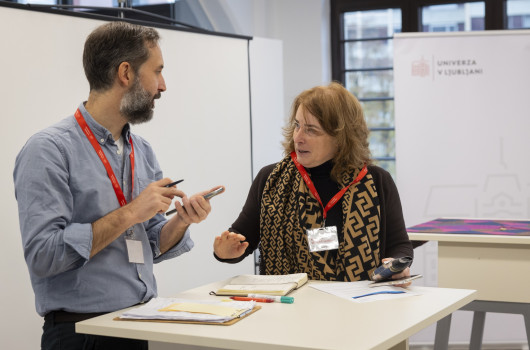
Prorektorica prof. dr. Ksenija Vidmar Horvat in prof. dr. Daniele Brombal z Univerze Ca' Foscari v Benetkah
Author: Bor Slana/STA
-
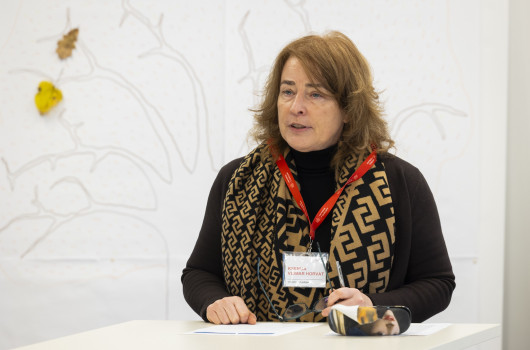
Prorektorica prof. dr. Ksenija Vidmar Horvat
Author: Bor Slana/STA
-
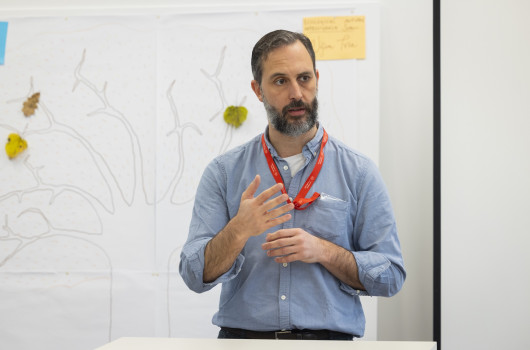
prof. dr. Daniele Brombal z Univerze Ca' Foscari v Benetkah
Author: Bor Slana/STA
-
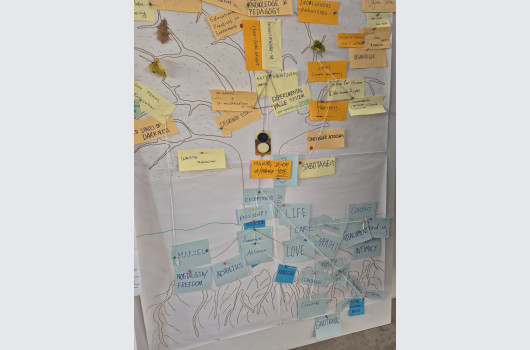
Na delavnici
-
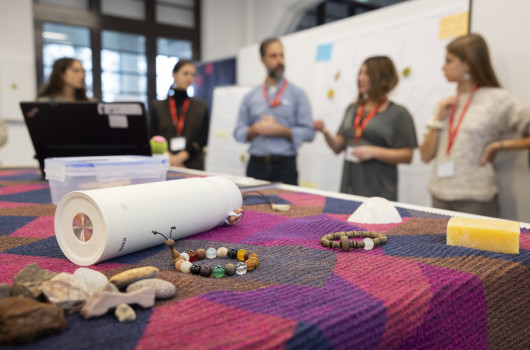
Udeleženci Jesenske šole Ekološka inteligenca
Author: Bor Slana/STA
-
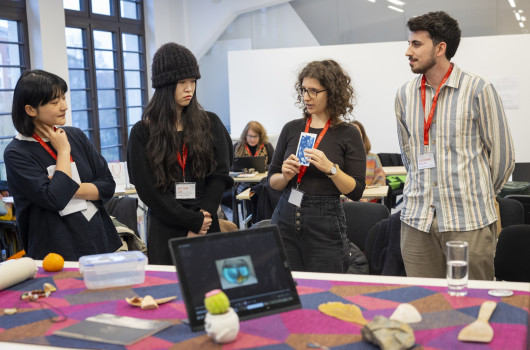
Udeleženci Jesenske šole Ekološka inteligenca
Author: Bor Slana/STA
-
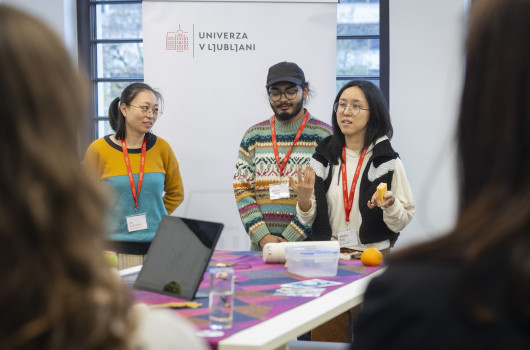
Udeleženci Jesenske šole Ekološka inteligenca
Author: Bor Slana/STA
-
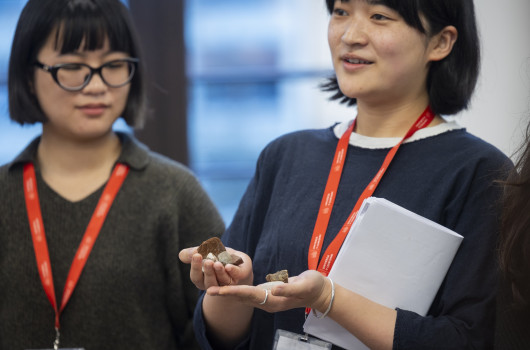
Udeleženci Jesenske šole Ekološka inteligenca
Author: Bor Slana/STA
-
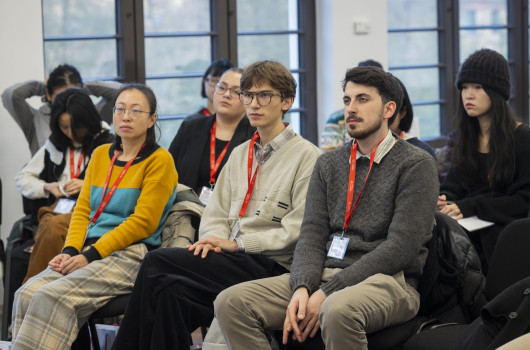
Udeleženci Jesenske šole Ekološka inteligenca
Author: Bor Slana/STA
-
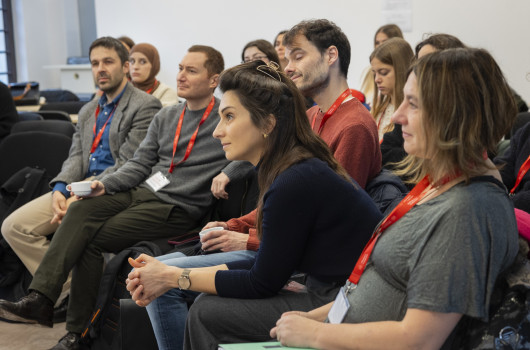
Udeleženci Jesenske šole Ekološka inteligenca
Author: Bor Slana/STA
-
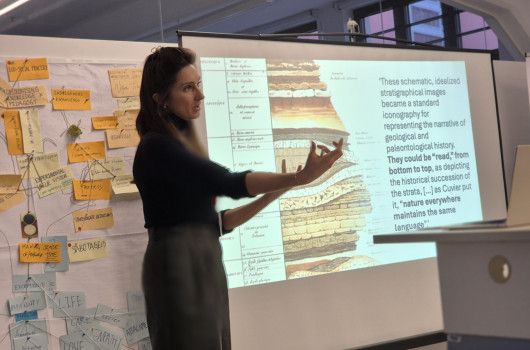
dr. Marija Grech z Univerze na Malti
-
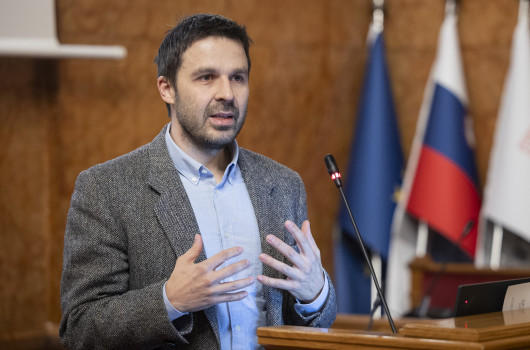
Dr. Jernej Markelj z Univerze v Amsterdamu in Univerze v Ljubljani
Author: Bor Slana/STA
-
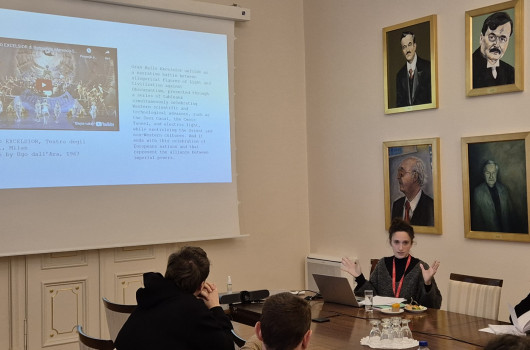
Lara Barzon, doktorska študentka v skupnem doktorskem programu EUTOPIA Co-tutelle na Univerzi v Warwicku in Univerzi v Ljubljani
-
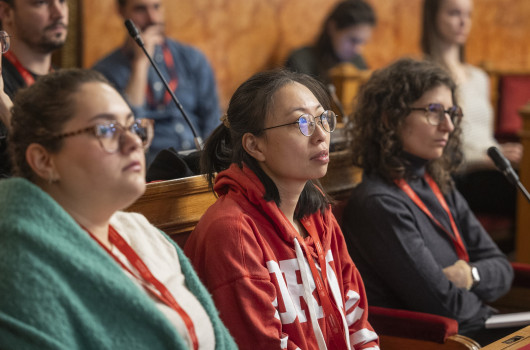
Udeleženci Jesenske šole Ekološka inteligenca
Author: Bor Slana/STA
-
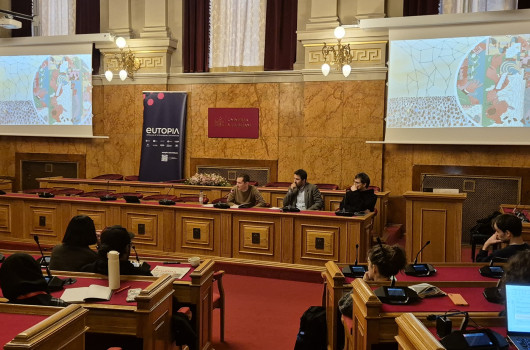
Udeleženci Jesenske šole Ekološka inteligenca
-
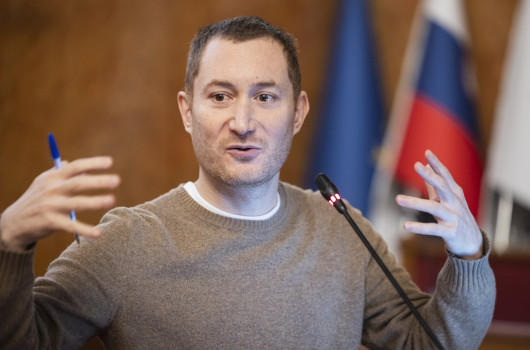
Dr. Claudio Celis Bueno z Univerze v Amsterdamu
Author: Bor Slana/STA
-
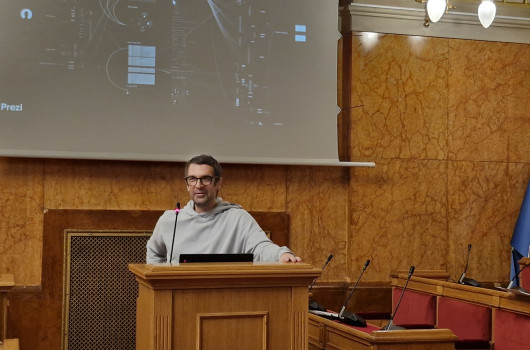
prof. Vladan Joler z Univerze v Novem Sadu
-
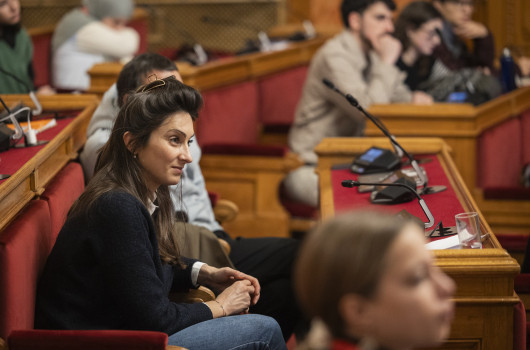
Udeleženci Jesenske šole Ekološka inteligenca
Author: Bor Slana/STA
-
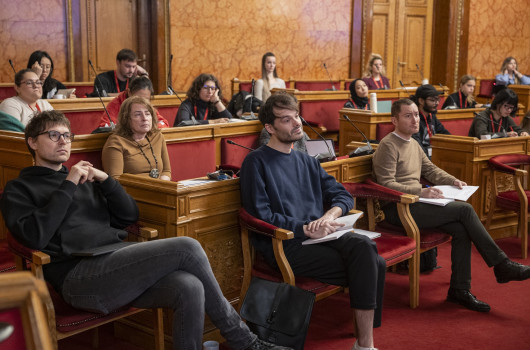
Dr. Jakko Kemper z Univerze v Amsterdamu
Author: Bor Slana/STA
-
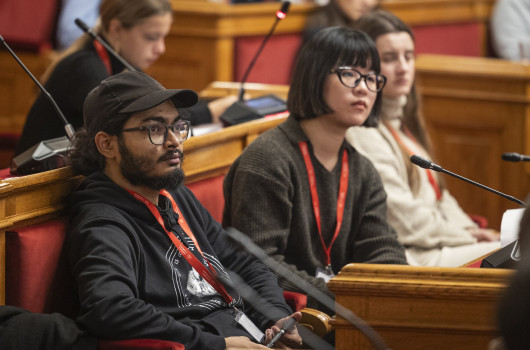
Udeleženci Jesenske šole Ekološka inteligenca
Author: Bor Slana/STA
-
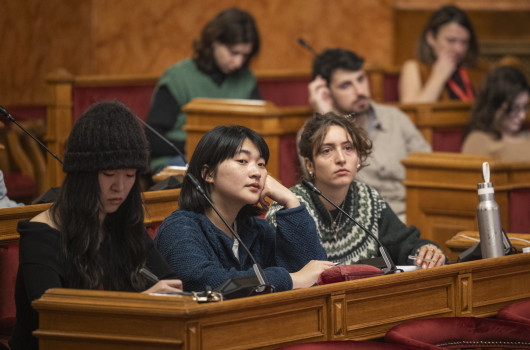
Udeleženci Jesenske šole Ekološka inteligenca
Author: Bor Slana/STA
-
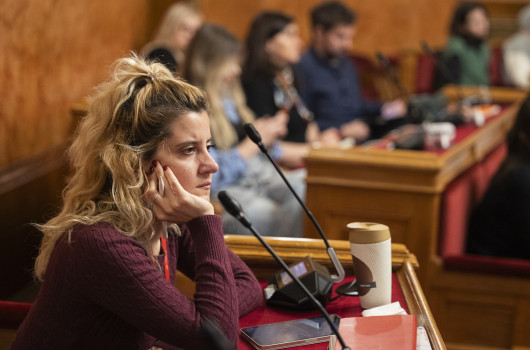
Udeleženci Jesenske šole Ekološka inteligenca
Author: Bor Slana/STA
